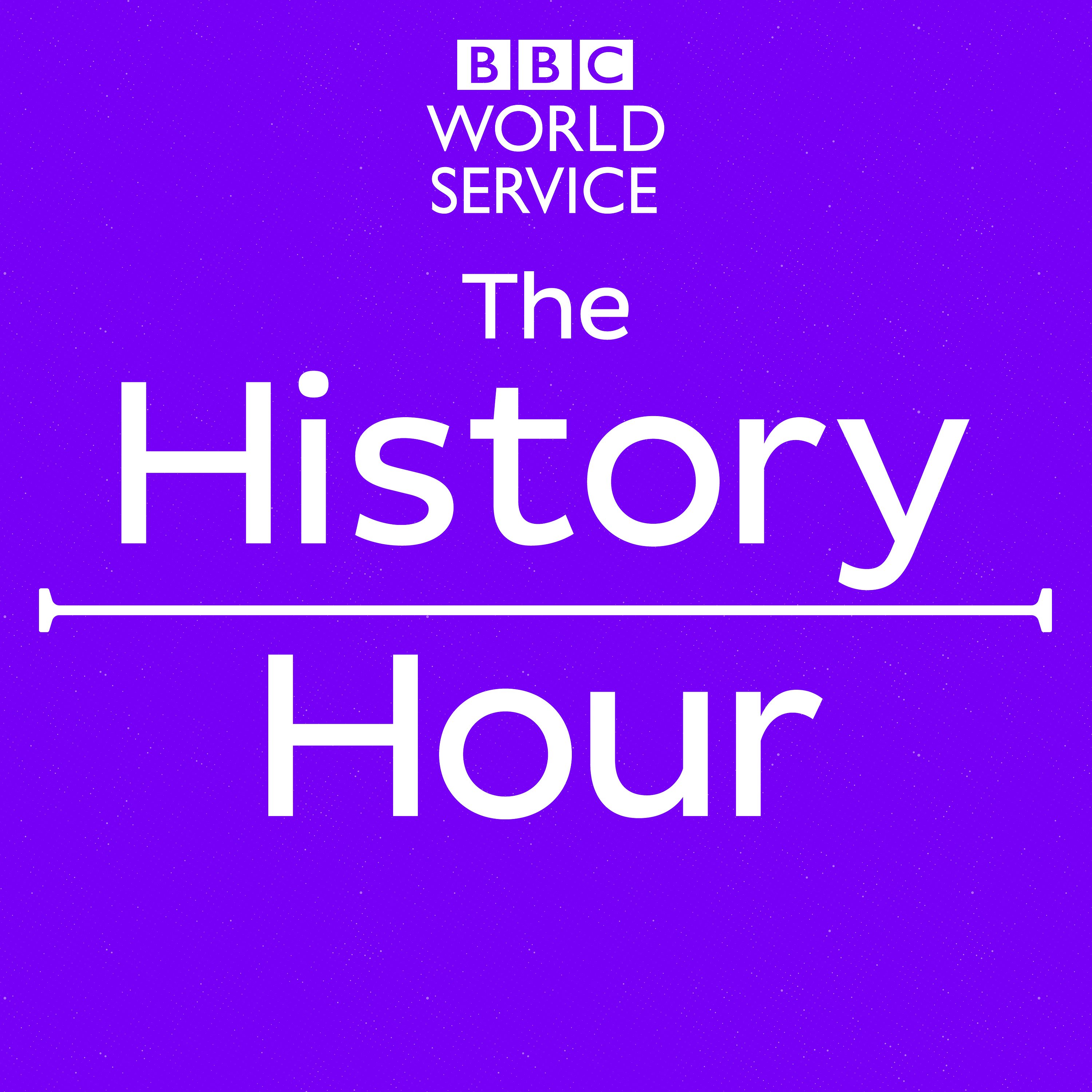The first lesbian couple to get married and World Laughter Day
Description
Max Pearson presents a collection of this week's Witness History episodes from the BBC World Service.
In 2001, the Netherlands became the first country to legalise gay marriage. Four couples were chosen to take part in a collective wedding at midnight which was broadcast on TV. Hélène Faasen and Anne-Marie Thus talk about the wedding they thought they'd never have.
Our guest Lauren Moss, the LGBT & Identity Correspondent at BBC News tells us about the history of gay marriage.
Also, the man who risked his life to make the audio recordings which blew open one of the biggest corruption scandals in Spain's recent history.
Then we hear the story of the 1970s defection from the Soviet Union of a world-famous ballerina. Plus, the mystery surrounding the fate of the last king of France's son and the man who really does believe that laughter is the best medicine.
Contributors:
Hélène Faasen & Anne-Marie Thus - the first lesbian couple to get married legally.
Lauren Moss - LGBT & Identity Correspondent at BBC News.
José Luis Peñas - the man that made secret recordings that revealed the Gurtel scandal.
Prof Jean Jacques Cassiman - Belgian geneticist.
Deborah Cadbury - historian.
Dr Madan Kataria – founder of World Laughter Day.
(Photo: The couple arrive to be married at the Amsterdam City Hall. Credit: Marcel Antonisse/ANP/AFP via Getty Images)
More Episodes
We hear about the half-clay, half-grass exhibition match between Rafael Nadal and Roger Federer. Argentinean creative entrepreneur and tennis fan Pablo del Campo tells Uma Doraiswamy how he made the iconic court possible in May 2000. Fiona Skille, professor of Sports History at Glasgow...
Published 11/16/24
We hear about Polish war hero Irena Sendler who saved thousands of Jewish children during the World War Two.
Expert Kathryn Atwood explains why women’s stories of bravery from that time are not as prominent as men’s.
Plus, the invention of ‘Baby’ – one of the first programmable computers. It was...
Published 11/09/24
Published 11/09/24


